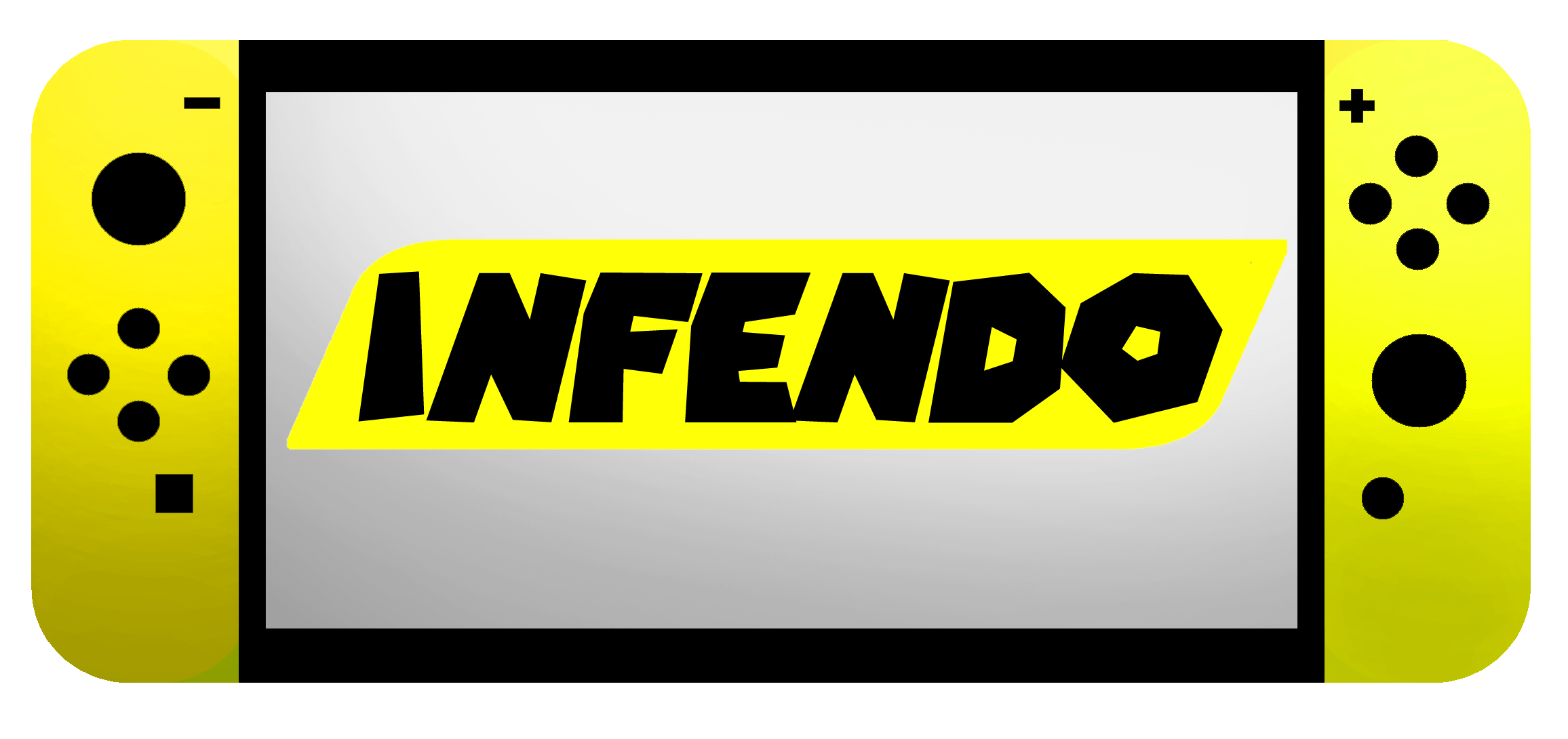 Recently Infendo reader Olas contacted us and asked us a really good question.
Recently Infendo reader Olas contacted us and asked us a really good question.
For the past few months I’ve heard a lot about parties, how originally Nintendo had great first party support and week third party support, and how now it has stronger third party than first party. And my question is…What about second party? What is it? Who is it? Why don’t people ever talk about it?
Right now lets take a look at the development structure of that defines the differences between the many parties, and what makes them who they are.
When a game is developed it is decided upon which console it is to be released on, or better yet how many consoles it is to be released on. This is usually decided by Third Party development, since they have a choice over where they want to release a game. So for example, Capcom decided to release Mega Man 9 on PlayStation 3, Xbox360, and the Wii.
Now since we’ve talked a bit about Third Party, we can actually talk a bout Second Party development. A “Second Party” is a developer who is not internally connected to the console maker, but has a specific contract that makes them only release games on that system. There is a fine line between 1st party, 2nd party, and 3rd party, and because of that the line usually gets a little fuzzy and hazy as time goes on.
A few really good examples of a second party developer would be Intelligent systems, and Rare. Intelligent systems was responsible for making the original Metroid game as well as a few of the Fire Emblem, and Advance Wars titles. Rare had the same thing going for them, they were responsible for the Donkey Kong Country series, yet they were also able to publish a few unique titles on Nintendo consoles because of their contract.
However, just because a second party has a contract with a company doesn’t mean that they will always be working for a 1st party developer such as Nintendo, Sony, or Microsoft. A Second Party can switch companies when their contract finishes, for example when Rare’s contract was bought out by Microsoft.
The defining characteristic is that a second-party developer is a company completely separate from the manufacturer, while first-party developers are considered to be a “division” of the console maker itself. It should be noted that a Second Party is not an official term in the industry, but it doesn’t mean that it doesn’t exist. Not to mention when most people talk about second party developed games, they generally refer to them as 1st Party games, since they usually make a specific group of games for that company.
It can also be looked at it this way as well the 1st party is usually the producer of the title, while the developer is the second party. I hope that really clears up the information about Second Parties, and hope you all found this informative.
